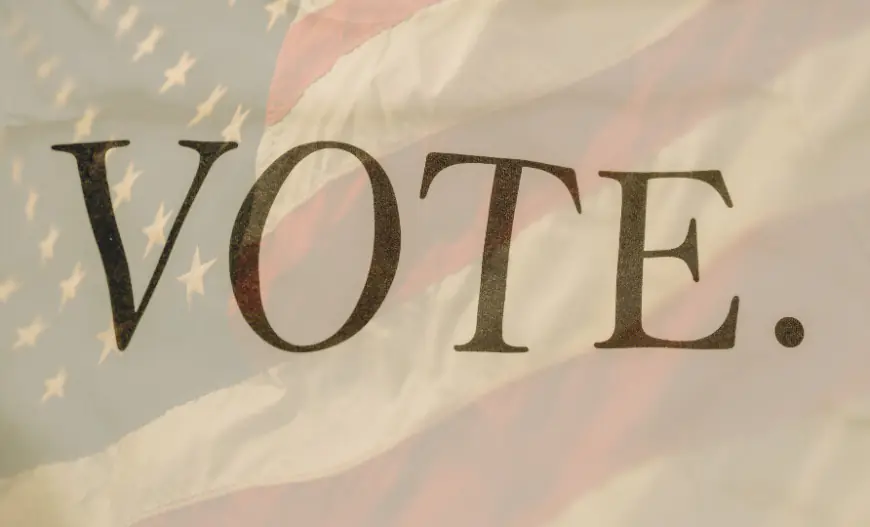Americans express growing concern over AI and deepfakes in elections
New research from identity verification company Jumio reveals a rising concern among Americans about the influence of AI and deepfakes on upcoming elections. This research surveyed over 8,116 adult consumers from the UK, the US, Singapore, and Mexico. Also Read: Demand for AI talent in Ireland soars 142% in six months – Accenture The study […]

New research from identity verification company Jumio reveals a rising concern among Americans about the influence of AI and deepfakes on upcoming elections. This research surveyed over 8,116 adult consumers from the UK, the US, Singapore, and Mexico.
Also Read: Demand for AI talent in Ireland soars 142% in six months – Accenture
The study revealed that 72% of Americans are concerned that AI and deepfakes could influence their country’s elections negatively. This is associated with a rising concern regarding the reliability of online media, where 70% of the US participants expressed higher levels of doubt than in the previous election.
Deepfakes erode trust in politicians and media
Deepfakes are even more dangerous since they employ artificial intelligence to produce realistically fake videos. It erodes people’s confidence in politicians and media outlets and confuses them between real and fake news.
The global survey also showcases the degree of confidence in identifying deepfakes as being quite diverse. According to the survey, only 46% of people across the globe are confident that they can recognize a deepfake of a politician or a star. In the US, this confidence stands at 37%. In addition to the variation of accuracy regarding the identification of deepfakes, there is also a difference in performance across the age groups. Among people aged 55 or older, only 22% feel confident they can tell fake news from real news.
It is also important to note that while young men between the ages of 18 and 34 are most confident in their ability to identify deepfakes, 75% of them are. On the other hand, women between 35 and 54 years old are the least confident, with only 52% thinking that they can identify a fake.
Trust in online political news reaches new lows
The study also finds that there is a high level of skepticism concerning the credibility of online political news. Currently, 43% of consumers in the world trust the political news they come across online, even with the high risk of deepfakes. In the US, this trust level is even lower, at only 32%.
“With half of the global population participating in elections this year, the potential influence and impact of generative AI and deepfakes demand our immediate attention.” Jumio CEO Robert Prigge
The study also evaluates the extent to which the public trust governments in the regulation of AI. Currently, only 43% of the people surveyed across the world are confident that their governments can regulate AI. This figure is even lower in the US and UK at 31% and 26% respectively.
What's Your Reaction?









































































































